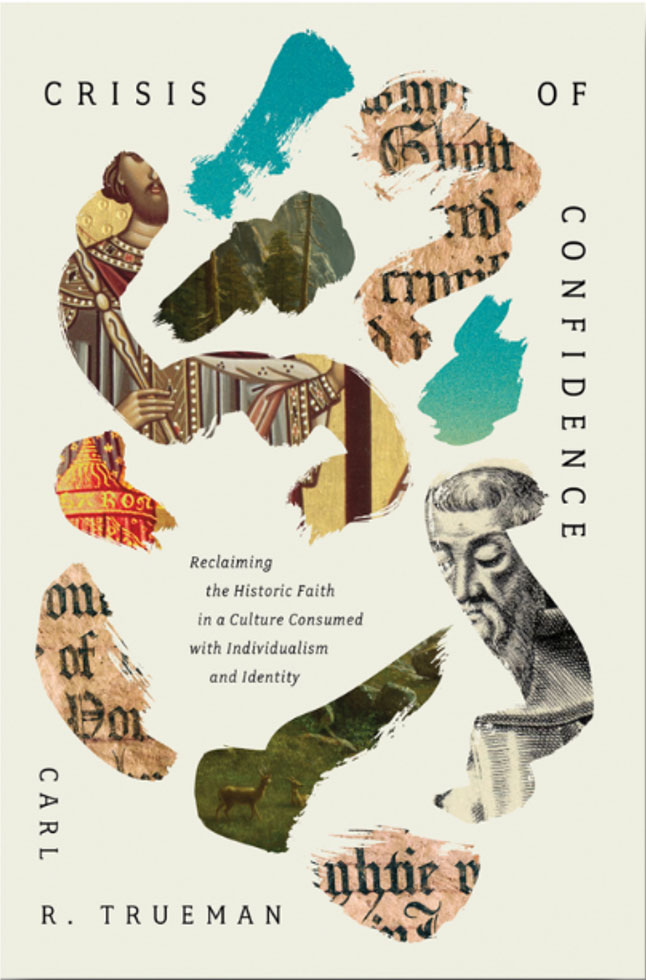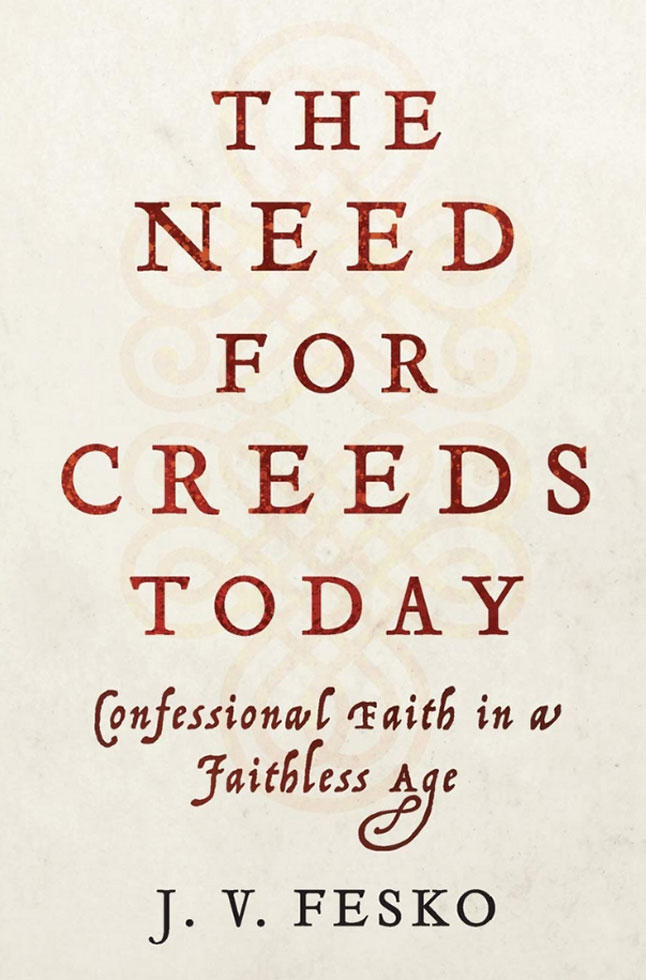
The Bible Study Hour
Preparing you to think and act biblically

Dr. Barnhouse & the Bible
Making God's Word Plain

Every Last Word
Teaching the whole Bible to change your whole life

Hear the Word of God
The teaching ministry of the Rev. Eric Alexander

Mortification of Spin
A casual conversation about things that count

Kids Talk Church History
Come on a trip through Church history

Theology on the Go
A brief interview about an eternal truth















